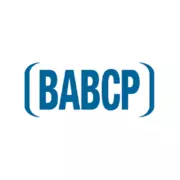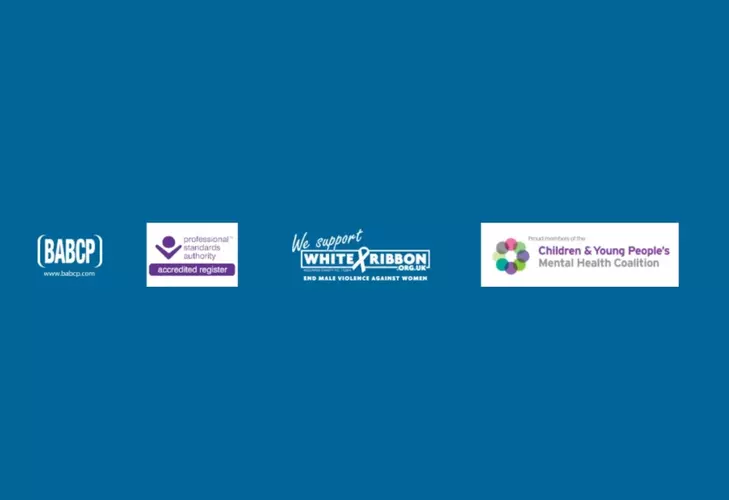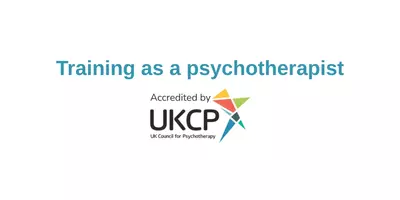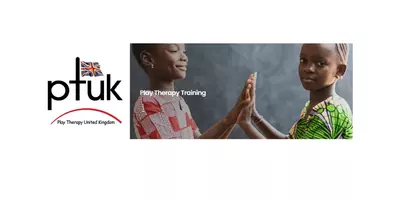
11 Jun 2025 ● British Association for Behavioural and Cognitive Psychotherapies
BABCP Guide to Training in Cognitive Behavioural Therapy

What is Cognitive Behavioural Therapy?
Cognitive Behavioural Therapy (CBT) is a type of talking therapy that helps individuals identify and change unhelpful thought patterns and behaviours. It focuses on the present and helps individuals develop coping strategies for current challenges. CBT is a structured, goal-oriented therapy that can be effective for various mental health conditions and even some physical health concerns.
What background do I need to train in CBT?
To train in CBT, your background should include working in health or social care, and a degree or equivalent level of academic achievement. People training in CBT will already have an understanding of research, theories of human development, human problems and distress, as well as social context, for example.
BABCP recognises some specific mental health and care professional backgrounds as a good basis for training in CBT, and call these ‘core professions’.
If you don’t have a core profession, BABCP also has an equivalence route. This means that people from a broader range of relevant backgrounds can train in CBT and work towards accreditation with them. This is known as the 'Knowledge, Skills and Attitudes’ or KSA portfolio. Some health and social care backgrounds are not part of our ‘core professions’ list, but do cover some of the KSA requirements. You will find all the details here.
Length of Training
To eventually apply for accreditation as a Cognitive Behavioural Psychotherapist, your total training must be at least four years. This will be the length of your core professional or KSA equivalent training, plus the duration of your CBT course. If you did a degree in an unrelated subject, this cannot be counted in this calculation.
No mental health experience yet?
BABCP suggests you explore training and working in this area to check if it suits you. Many mental health roles are respected and satisfying careers in their own right and they recommend you engage wholeheartedly in them – not just as a stepping-stone to CBT.
They don't recommend a specific route for you to take, but if you are working towards CBT training and accreditation, you should work towards gaining a Core Profession or meeting the KSA requirements.
Related Read: How to choose a CBT Training Course
How do I become qualified in CBT?
Accreditation with BABCP is a requirement for many CBT jobs.
To become an accredited BABCP CBT therapist, you will need to train in CBT. CBT training will be at least the equivalent of a postgraduate certificate, postgraduate diploma or Masters’ degree. Therapists applying for accreditation must obtain at least 100 taught CBT skills and theory hours from a single, coherent and assessed Post Graduate programme of study from a higher education institution/validated training course. This is Level 11 in Scotland, Level 7 in England, Northern Ireland and Wales, and Level 9 in Ireland.
You will need to have a prior background in mental health to be accepted on to these trainings.
There are CBT courses available at lower academic levels but these may not allow you to meet the criteria for accreditation.
What are Accredited courses?
Studying on one of the BABCP accredited courses is the most straightforward route to becoming an accredited CBT practitioner.
These have been assessed in terms of the quality of teaching and the content of their curriculum. Courses have to maintain standards and reaccredit every five years.
Each university sets its own entry criteria and you should contact the course directly about these.
Levels of Course Accreditation
You can choose between -
- Level 1 accredited courses meet some or most of the Minimum Training Standards (MTS). These are our requirements for accreditation. Each Level 1 course can provide full details of which requirements it meets, so that you can top up any missing components outside of the course.
- Level 2 accredited courses - graduates of these courses will have met all the MTS within the course curriculum, so you will be eligible for accreditation once you have graduated.
Different types of Level 2 Accredited courses
- BABCP Level 2 Accredited Courses
Courses with this label are post-graduate diplomas which follow our Core Curriculum 2021.
Some courses have funded or commissioned places, and some allow students to pay for their own training.
- NHSTTad - formerly known as IAPT High Intensity courses
Increasing Access to Psychological Training (IAPT) was a government initiative to train mental health practitioners. This service is now known as NHS Talking Therapies (NHSTT).
High Intensity Training is the label given to NHSTTad CBT courses. The “ad” in the title refers to the treatment of anxiety and depression. They are BABCP Level 2 accredited and run in English universities. They follow the National Curriculum for High Intensity Cognitive Behavioural Therapy courses.
All the places on these courses are funded trainee positions within the NHS. There is often a short window in which to apply so check with the individual universities when the posts will be advertised.
Other Level 2 Accredited NHSTT courses
- Children and Young People's (CYP) CBT pathway NHSTT trainings, Some of these are BABCP accredited at Level 2 but not all, so please check. They are included under the name of the university within the BABCP directory of all Level 2 Accredited Courses.
- Evidence-Based Parent Training (EBPT)
Non-Accredited courses
There are many CBT training courses which are not accredited with us, and some which are in the process of becoming accredited. You can still become accredited if you complete a non-accredited post-graduate diploma in CBT if you meet the criteria.
Related read: What if I take a non-accredited course?
How to choose a CBT training course
If you have read this article and would like to pursue CBT accredited training, we recommend you visit the BABCP how to choose a CBT training course for useful advice and to help you ask the right questions about the best route for you.




